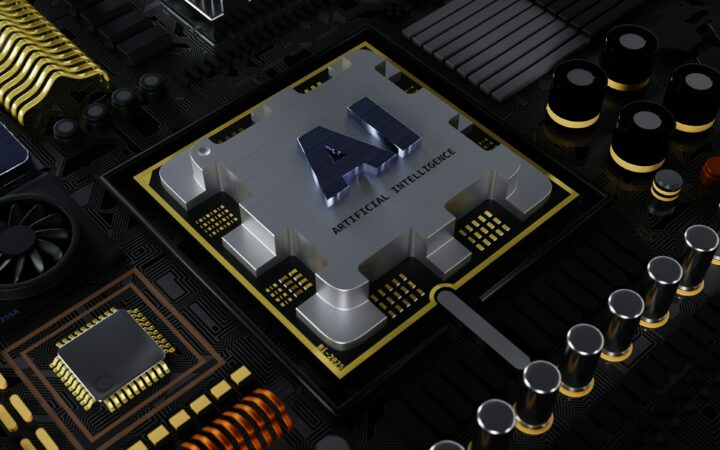Unlocking the Future of Business with Technology Trends: Insights from a McKinsey Report
Written by
Kinga EdwardsPublished on

A recent discussion between experts delved into McKinsey’s latest report on technology trends, which includes applied AI, cloud and edge computing, and bioengineering. This article highlights key insights from the conversation and explores the impact of these disruptive trends on various industries.
AI: Transforming Business Operations
Highlight: Applied AI is one of the 14 disruptive technology trends and touches every industry.
Artificial intelligence (AI) is taking analytics to new heights, significantly impacting businesses. Adoption of applied AI has been increasing, with applications ranging from supporting customer care agents in providing adaptive customer service experiences to improving accuracy in forecasting for consumer products companies.
Reinforcement Learning: A Game-Changer
Key Insight: Reinforcement learning, which improves performance in various applications, is now being used in business.
Reinforcement learning has found applications beyond its initial use in improving boats in the America’s Cup. For example, one client used AI to optimize worker patterns during the 2021 holiday shipping crunch.
Addressing Machine-Learning Bias
Highlight: Understanding data quality and addressing bias are crucial aspects of applied AI.
To ensure the success of applied AI, executives must focus on understanding their data. Issues related to data quality or bias can have a significant impact on the resulting models. One key step is to ensure data represents the intended environment in which the AI models will be used. Organizations should examine specific techniques for reducing bias in their datasets.
Cloud and Edge Computing: Complementary Technologies
Key Insight: Cloud and edge computing work together to create agile business solutions.
Cloud and edge computing complement each other, combining the power of shared computing resources with sensors and actuators close to the action. This enables fast implementation of new ideas, both in the cloud and at the edge. However, security and network infrastructure are essential considerations for successful implementation.
Bioengineering: A Convergence of Innovations
Highlight: Bioengineering technologies are revolutionizing the life sciences, healthcare, and consumer products industries.
Bioengineering represents the convergence of innovations in biology and information technology. From CRISPR to cultured meat, these technologies are changing the game in various fields. Examples include mRNA vaccines in healthcare and sustainable biomaterials in consumer products.
Addressing Concerns Around Bioengineering
Key Insight: Understanding the science, developing appropriate policies, and addressing ethical questions are vital in the realm of bioengineering.
As bioengineering involves the building blocks of life, it raises concerns among people. Addressing these concerns requires a deep understanding of the science, coupled with appropriate policies and ethical considerations.
The Future of Tech: Lifelong Learning and Strategy
Key Takeaway: Technology is shaping the future of business, requiring lifelong learning and integration into strategic planning.
Technology trends are transforming the way businesses operate, necessitating continuous learning and exploration of new domains. By combining different trends and fostering creative solutions, technology can drive innovation and growth across industries.
Conclusion
The insights gleaned from the discussion on McKinsey’s latest report on technology trends underscore the transformative power of applied AI, cloud and edge computing, and bioengineering in the business landscape. By embracing these disruptive trends and fostering a culture of lifelong learning, organizations can unlock new possibilities and thrive in the future!


